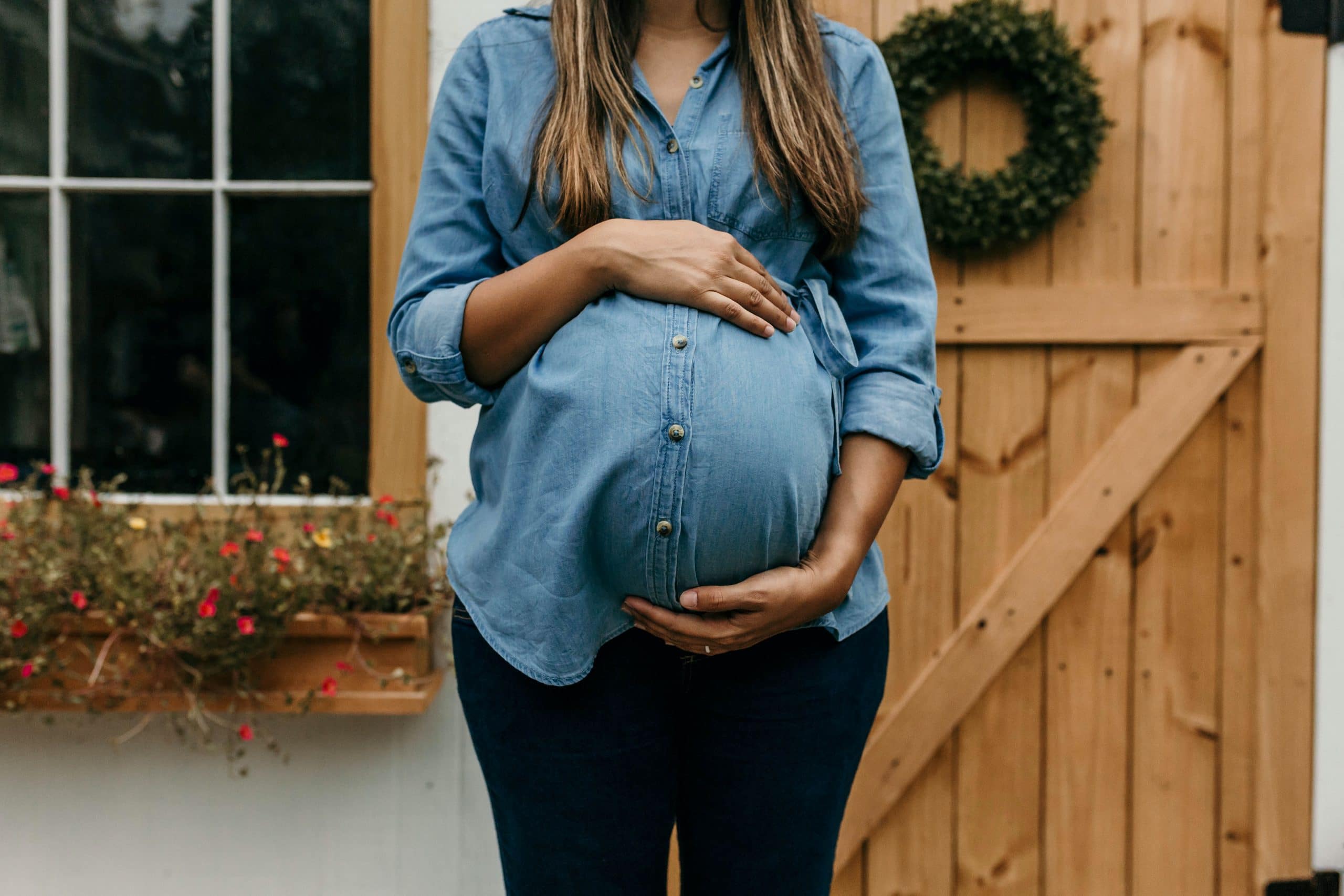A little known mainstream fact is how little or divergent the data is concerning the toxicity of chemicals used in many of our consumer products. We are really just beginning the research on their true effects that will guide public policy.
Unfortunately, new chemicals are used in consumer products without adequate study or third party review. Not long ago, Healthline researchers at the University of California San Francisco came up with a blood-based test that can determine if one has been exposed to certain chemicals. In the article “Breakthrough Test Can Detect Exposure to 700 Everyday Chemicals,” Healthline stated that “For every American, roughly 30,000 pounds of chemicals are manufactured each year. The number of new chemicals created each year also continues to grow — an estimated 2,000 are introduced every year. In pregnant women, these chemicals may pose a threat not only to them, but to their unborn babies as well.”
While there are regulations that govern banned chemicals, thresholds of chemicals, and new chemical introductions, the science around toxicity of new substances is often behind their public use, and certainly behind their regulation.
What the researchers at UCSF found in researching 700 chemicals was that “All of the women studied had detectable levels of some suspect chemicals in their blood. Among a cohort of 75 pregnant women, they found that on average, a blood sample from each woman tested positive for 56 chemicals. Six of the chemicals discovered were novel, meaning that little is known about their effects on a mother and child in utero.”
Dr. Ken Spaeth, chief of environmental medicine at Northwell Health in New York, said “There are so many sources of chemicals and so many ways that they can get into us, it’s a real challenge to try to understand the extent to which humans are being exposed to these environmental hazards.”
The hope is that the research and screening method developed will help create more dialogue between patients and doctors about the risks of environmental chemical exposures. For pregnant women and those who want to be cautious of chemical exposures, the UCSF Program on Reproductive Health and the Environment recommends the following:
- Be a smart consumer and familiarize yourself with nontoxic products, including children’s toys.
- Sweep and mop regularly, as many toxic substances are present in dust.
- Clean with nontoxic products.
- Properly dispose of toxic substances.
- Avoid cigarette smoke and alcohol.
- Choose plastics responsibly and learn about BPA and phthalates.
Reality Changing Observations:
1. How are you exposed to chemicals each day?
2. What are some ways that you can avoid chemical exposures in your daily life?
3. Do you believe we should have more stringent toxicological standards for chemicals in consumer products?





